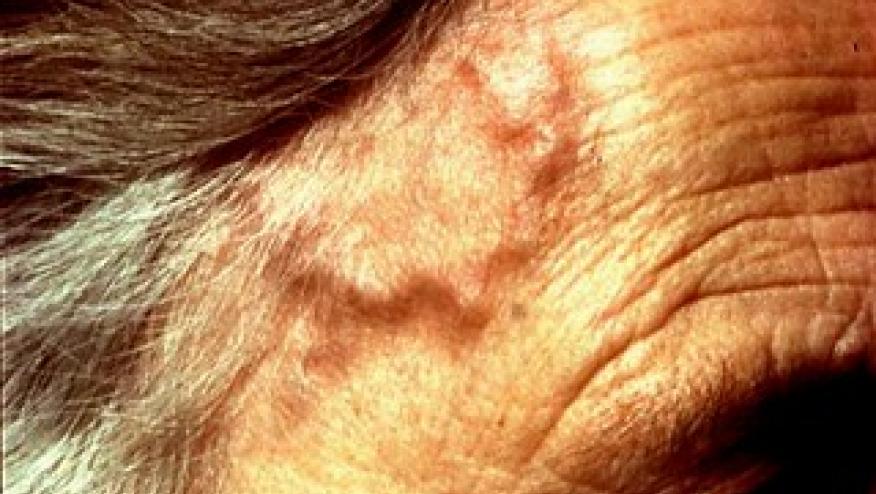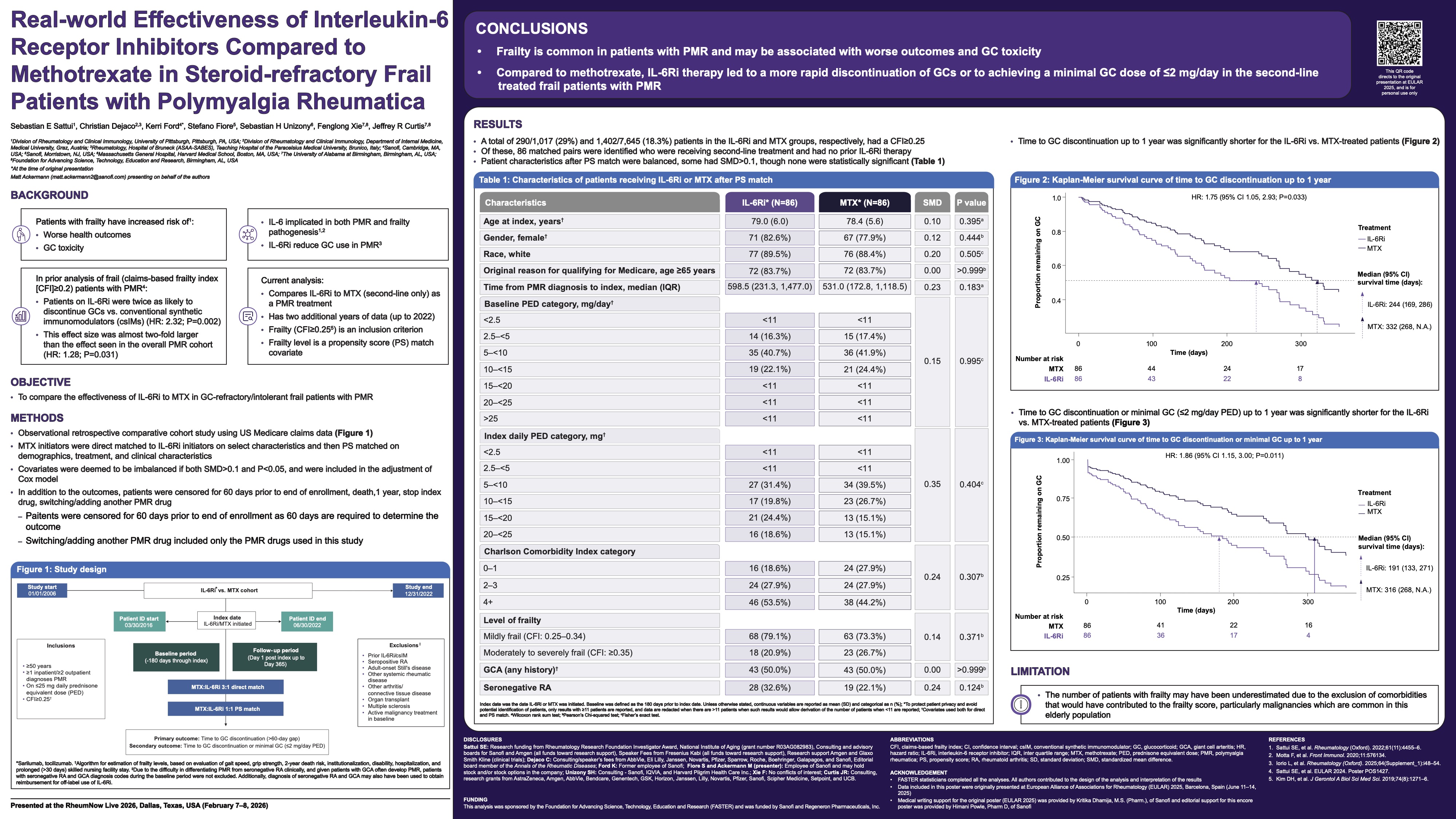In Giant Cell Arteritis, Hospital Admission Is Bad News Save

One-third of patients admitted with giant cell arteritis (GCA) were rehospitalized within 6 months, largely because of complications potentially related to corticosteroid therapy, researchers found in a retrospective cohort study.
Among the cohort of 1,206 patients hospitalized with GCA in the U.S., 6-month readmission rates stood at 34%, according to Radjiv Goulabchand, MD, of CHU Nîmes in France, and colleagues.
About one-quarter of the readmissions were for infections and 15% for cardiovascular diseases, the group reported in Arthritis Care & Researchopens in a new tab or window. Fully 85% of the cohort had received high-dose (>10 mg/day) prednisone treatment, which is known to be associated with markedly increased risk for infections and cardiovascular eventsopens in a new tab or window.
Given that 40% of patients were in their 80s or 90s with a chronic autoimmune disease, a high rate of readmission could be expected, particularly for cardiovascular events, the researchers suggested. But infections requiring hospitalizations would not necessarily be expected in as many patients as occurred in this cohort, if not for the strong prevalence of high-dose steroid treatment.
"Population health management strategies directed towards identifying high-need, high-cost patients with GCA and implementing multi-component chronic care models may improve quality of care and reduce costs of care," Goulabchand and colleagues concluded. They also suggested that steroid-sparing treatments, such as with tocilizumab (Actemra) or Janus kinase inhibitors, have shown good results in GCAopens in a new tab or window and could mitigate the risks identified in the current study.
Patients in the study were identified through the Agency for Healthcare Research and Quality's National Readmission Database for 2017, which covers 21 states comprising half the U.S. population and 85% of hospital discharges in those states. Goulabchand and colleagues searched the dataset for GCA patients age 50 and older with admissions during January-June 2017. Patients who also had other autoimmune diseases were excluded.
Median age for participants included in the analysis was 77 (interquartile range 68-84), and 70% were women. Median follow-up was 8 months (6 minimum, IQR 7-10). About one in eight participants had GCA with polymyalgia rheumatica. Most patients had no comorbidities; one-third had Charlson index values of at least 1, and 14% had values of 2 or more.
The majority entered the hospital for the first time with cardiovascular disease, including 61% with hypertension, 27% with ischemic heart disease, and 9% with heart failure.
Multiple readmissions were common: 20% had at least two and 10% had three or more. Median time to readmission was 54 days after initial discharge. Median duration of hospitalization was 5 days (IQR 3-11), and the median cost was $112,000 (IQR $59,000-$194,000).
Patients with comorbidities faced the highest increase in risk for readmission, with an odds ratio of 2.13 for Charlson values ≥1 (95% CI 1.65-2.77) relative to patients with none.
Limitations to the study included its reliance on administrative data and the fact that the database did not capture deaths occurring outside the hospital setting, nor hospitalizations among patients traveling outside their home states. Notably, the study also did not include a control group of non-GCA patients.










If you are a health practitioner, you may Login/Register to comment.
Due to the nature of these comment forums, only health practitioners are allowed to comment at this time.